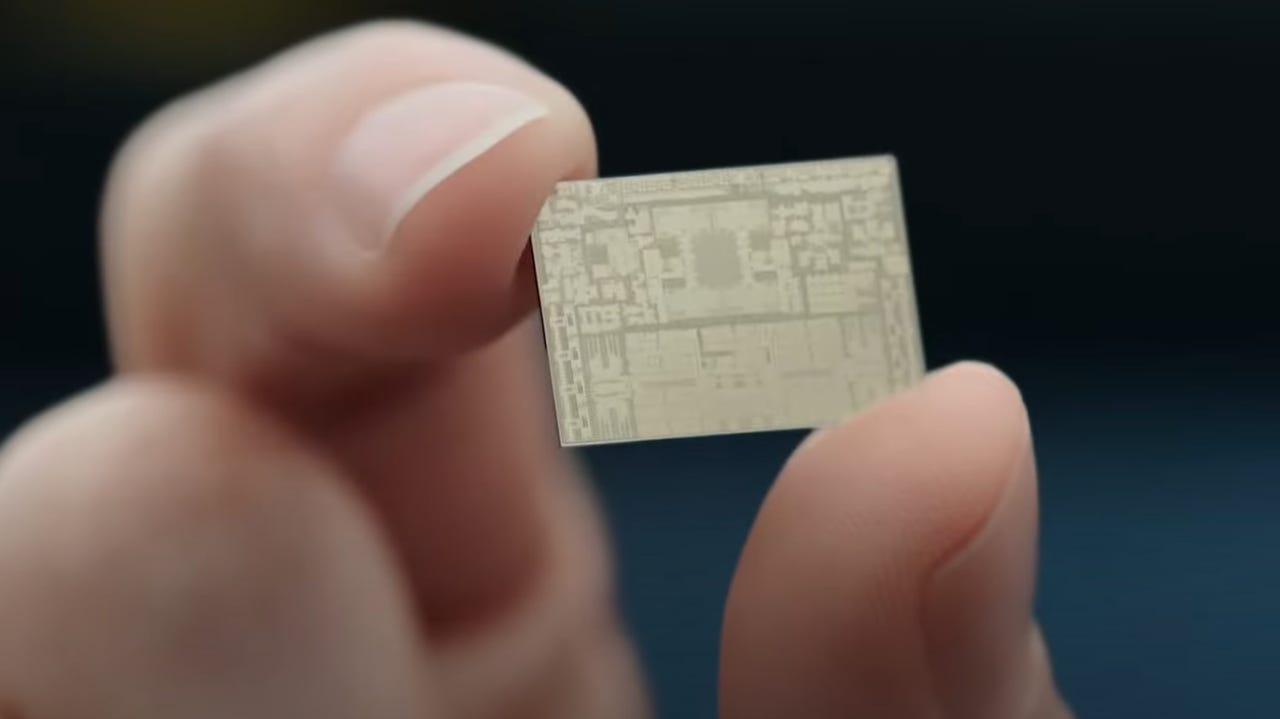'ZDNET Recommends': What exactly does it mean?
ZDNET's recommendations are based on many hours of testing, research, and comparison shopping. We gather data from the best available sources, including vendor and retailer listings as well as other relevant and independent reviews sites. And we pore over customer reviews to find out what matters to real people who already own and use the products and services we’re assessing.
When you click through from our site to a retailer and buy a product or service, we may earn affiliate commissions. This helps support our work, but does not affect what we cover or how, and it does not affect the price you pay. Neither ZDNET nor the author are compensated for these independent reviews. Indeed, we follow strict guidelines that ensure our editorial content is never influenced by advertisers.
ZDNET's editorial team writes on behalf of you, our reader. Our goal is to deliver the most accurate information and the most knowledgeable advice possible in order to help you make smarter buying decisions on tech gear and a wide array of products and services. Our editors thoroughly review and fact-check every article to ensure that our content meets the highest standards. If we have made an error or published misleading information, we will correct or clarify the article. If you see inaccuracies in our content, please report the mistake via this form.
Apple debuts M2 Pro and M2 Max, the chipsets powering this year's best Macs


Along with new MacBook Pro and Mac Mini models, Apple today announced the power behind the hardware – its two next-generation chips: the M2 Pro and M2 Max. Building on last year's M2 chip, which played a huge role in buffing the company's Macs and MacBooks (including ZDNET's product of the year), Apple's new system-on-the-chip (SoC) is expected to break new ground in computing power and efficiency. Here's a breakdown of what's new.
Also: Don't waste your money on these Apple products
What is the M2 Pro?
Using 40 billion transistors, the M2 Pro chipset brings enhanced speed and performance numbers to what was already a competent chipset in last year's M2. The M2 Pro features 200GB/s of unified memory bandwidth, doubling that of the M2 chip, and can support up to 32GB of RAM.
Also: Everything you need to know about the Apple M2 chip
Now with a 12-core CPU (versus M1 Pro's 10-core CPU), apps like Adobe Photoshop and Final Cut Pro will run faster as well. Apple claims the M2 Pro is 30 percent more performant than the M1 Pro for such graphic-intensive tasks. You'll want to take those percentages with a grain of salt, of course.
The M2 Pro will be available with the new Mac Mini and MacBook Pro and likely be expanded into other Mac devices later this year.
What is the M2 Max?
If you thought the 40 billion transmitters on the M2 Pro were impressive, the M2 Max features 67 billion, delivering an even faster performance. With 400GB/s of unified memory bandwidth, twice that of the M2 Pro, the new silicon makes quick saving large files more instantaneous and working across "Pro" apps a fluid experience, according to Apple.
In terms of CPU and GPU numbers, the M2 Max boasts the same 12-core CPU as the M2 Pro and up to a 38-core GPU for graphics performance. That also means that the M2 Max can sport up to a whopping 96GB of RAM, which is configurable on the new 16-inch MacBook Pro. Compared to last year's M1 Max, Apple says the M2 variant delivers 30 percent greater performance.
Lastly, the M2 Max comes with Apple's 16-core Neural Engine, the same one found on the tried and tested M1 computers. That, along with an improved Media Engine, should enhance ProRes media playback and transcoding.
Both the new 14-inch and 16-inch MacBook Pro models can be configured with the M2 Max.
Should you buy the M2 Pro or M2 Max?
No matter which M2 MacBook Pro model you buy this year, it'll come default with the M2 Pro chipset, which is in of itself a reliable processor for even the most strenuous tasks. But if you're looking for the most capable Mac computer available, then you'll want to consider upgrading to the M2 Max variant, which yields greater performance numbers and battery life at the expense of a steeper price tag.